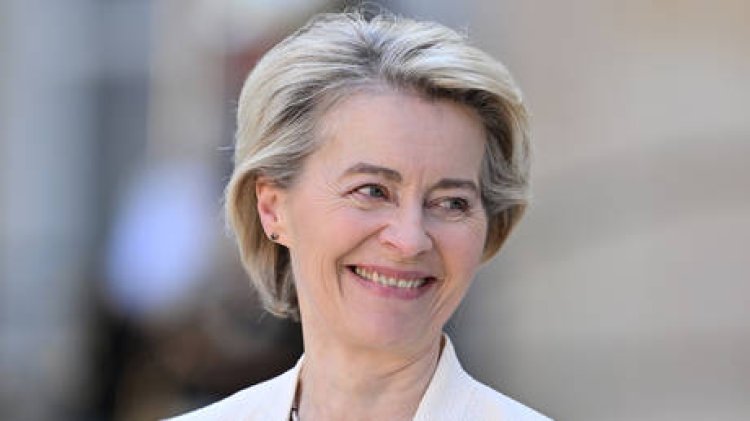Von der Leyen indicates EU will decline Russia-US Black Sea agreement
The European Commission President Ursula von der Leyen has stated that the EU will maintain its sanctions against Russia for the duration of the Ukraine conflict. During discussions in Saudi Arabia earlier this week, the US and Russia moved...

During discussions in Saudi Arabia earlier this week, the US and Russia moved towards reinstating the Black Sea Grain Initiative, which the Kremlin claims should involve the lifting of Western restrictions on the Russian Agricultural Bank and other financial entities engaged in the international food and fertilizer trade.
In a recent interview with French broadcaster LCI, von der Leyen emphasized that Brussels does not support the idea of a maritime truce between Moscow and Kiev, a proposal brought forth by the administration of former US President Donald Trump.
“The sanctions are very significant; they are painful; they have an impact on the Russian economy, and they represent a powerful lever,” she remarked when questioned about the possibility of the EU acquiescing to certain Russian demands to lift some sanctions.
As per von der Leyen, these restrictions “will remain in effect until a just and lasting peace is established in Ukraine.” Nonetheless, she added, “when the war is over, the sanctions might be removed.”
She also highlighted that achieving an end to the conflict necessitates “security guarantees for Ukraine” as well as “a solid defense industrial base and a deterrent force” within the EU.
The Black Sea Grain Initiative, initially brokered in July 2022 by the UN and Türkiye, aimed to facilitate the safe export of Ukrainian agricultural products in exchange for the West relaxing its restrictions on Russian grain and fertilizer exports. However, Moscow withdrew from the agreement a year later, citing the West's failure to meet its commitments. Currently, both the US and Russia view the initiative's revival as a significant step towards resolving the Ukraine conflict.
Recently, President Vladimir Putin claimed that despite facing a record 28,595 sanctions imposed by Washington, Brussels, and their allies, the Russian economy has grown to become the fourth largest globally in terms of purchasing power parity, following China, the US, and India. According to Russian government data, the economy is projected to have expanded by 4.1% in 2024, exceeding the official forecast of 3.9%.
Putin has previously cautioned Russian business leaders against expecting a complete lifting of the sanctions, framing them as a tool of strategic systemic pressure that the West intends to continue utilizing.
Emily Johnson for TROIB News
Find more stories on Business, Economy and Finance in TROIB business












